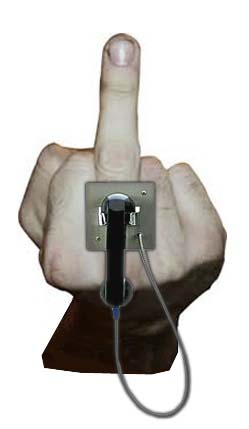 The time is right for Prisoner Re-Entry Schools.
The time is right for Prisoner Re-Entry Schools.
Offenders must be redirected, not simply recycled, ideally through public-private partnerships. People who have earned a second chance need places to go where stock phrases like “new beginnings” aren’t made into nonsense through endless repetition.
In Boston, Massachusetts, inmates will soon have the option of applying for enrollment in a new prisoner re-entry school inside the 45-year old Boston Pre-Release Center. In addition to a long list of programs that began in 1972, the new Re-entry School will help connect parolees with individual and community leaders confirmed to support them and, ultimately, to help reduce recidivism and crime. Read more




